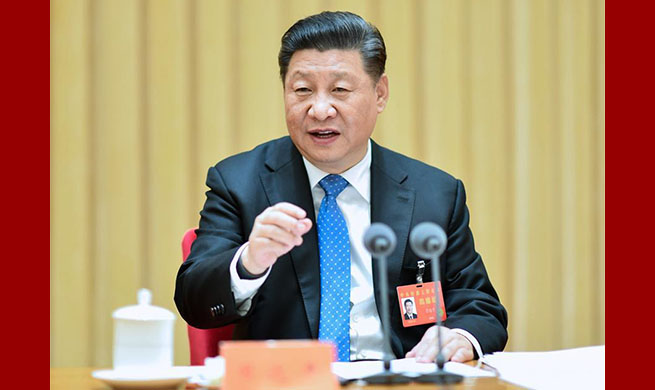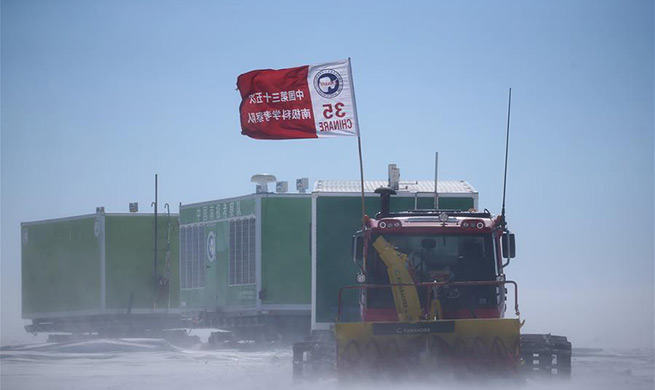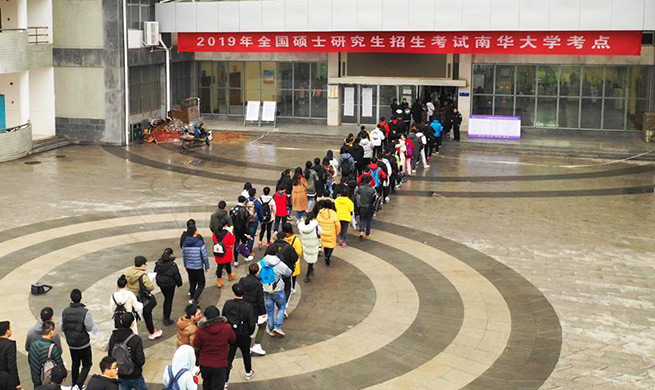ADDIS ABABA, Dec. 22 (Xinhua) -- The African Union (AU) has emphasized inclusive infrastructure development in Africa as the continent proceeds with the second phase of the Programme for Infrastructure Development in Africa (PIDA).
The AU Director of Infrastructure and Energy, Cheikh Bedda, made the remarks on Friday at the conclusion of the policy dialogue conference on the implementation of PIDA held at the headquarters of the 55-member pan-African institution in Ethiopia's capital Addis Ababa.
Stating that PIDA is a catalyst for inclusive development on the continent, the director said that "PIDA will constitute the most appropriate framework for inclusive development in terms of the continent's infrastructure."
Phase 2 of PIDA should involve women and youths, source of inclusiveness to enable rural communities to contribute to this continent's development, he said.
The director said Africa's partners have begun to understand the continent has its own approach and its priorities have to be respected as they are anchored on AU development blueprint dubbed Agenda 2063.
The time to assimilate local and international investors in projects is now, adding that there should be innovative ways of bringing on board the latter on win-win situation, he said.
Reiterating that AU has held discussions with the main partners of infrastructure development, Bedda said the AU side has had successful deliberations with China, one of the key development partners in the sector.
"We've had a very successful meeting with the Chinese through the Forum on China-Africa Cooperation (FOCAC) Summit held in September 2018. And in the declaration it was made very clear that infrastructure will remain the top priority for the Chinese partners as well as for the African side. When we talk about infrastructure we are also talking about the rural areas," he said.
Furthermore, in the same vein, he said they had met with EU, through the EU Commission and in the end had an action plan that was validated in Abidjan, which clearly mentioned that infrastructure, especially in rural areas will be top priority.
PIDA was adopted by AU heads of state and government in 2012 as a strategic framework for regional and continental infrastructure development in Africa, and it covers four main sectors: transport, energy, information and communication technology and trans-boundary water.
PIDA's continental implementing partners are the AU Commission, the NEPAD Planning and Coordinating Agency, the African Development Bank and the UN Economic Commission for Africa.













